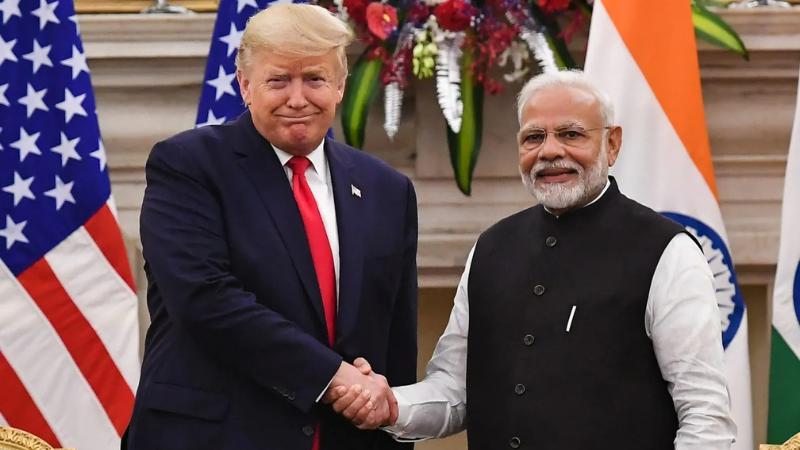
- devara
- 21 Jan 2025 11:45 AM
- OECD, global tax deal, multinational tax policy
The U.S. decision to withdraw from the Organisation for Economic Co-operation and Development’s (OECD) global tax deal, led by President Trump in his second term, could lead to significant shifts in the global tax landscape. However, according to tax expert Rakesh Nangia, India's tax policy will not be heavily impacted by this move. India had taken a more cautious approach toward implementing the Global Anti-Base Erosion (GloBE) rules and had not introduced substantial changes to its tax laws in line with the global tax agreement. India also abolished the 2% equalisation levy in the Union Budget 2024, which had previously caused tension with the U.S.
The OECD’s 2021 global tax agreement aimed to tackle global tax competition and discourage tax avoidance by multinational firms. The agreement’s two pillars included reallocating the profits of large corporations and introducing a 15% global minimum corporate tax. The withdrawal of the U.S. from this agreement could force the OECD to reconsider and revise its plans, potentially delaying international consensus on tax reforms.
While India’s tax system remains insulated from this development, the global tax deal’s collapse could have far-reaching consequences for over 50 jurisdictions that had already adopted the new tax rules. This disruption is expected to force these countries to adjust their domestic tax policies, ultimately affecting the global tax order and potentially hindering progress on international tax cooperation.






































